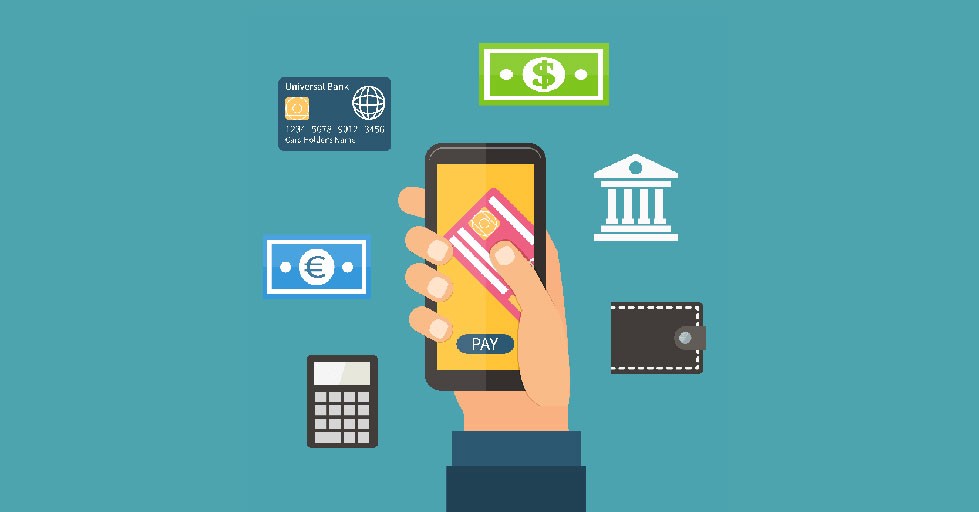Israel’s payment revolution is almost here, and beginning in July 2020, large purchases will be governed by new regulations, and the current (old) method will be eliminated entirely by the end of 2023. Purchases up to NIS 200 will be made by swiping one’s credit card, like today. However, for larger purchases, one will have to enter one’s credit card PIN code to validate the transactions. This is viewed as a major step towards the introduction of electronic wallets in Israel.
The new system will not be a picnic for the stores or the consumers. A major effort is now underway in Israel, an advertising campaign, encouraging credit card holders to report to their bank’s ATM to change their PIN code to a number easily remembered, for the PIN number will have to accompany all purchases over NIS 200.
All stores accepting credit cards will be compelled to modernize, to move to the system that accepts smart payments. The nation is moving over to the EMV (Europay, Mastercard and Visa) system. With EMV, the payment is more protected, as Israel is moving to the digital wallet, which may include services like Google Pay and Apple Pay. This will be introduced gradually.
EMV is a payment method based upon a technical standard for smart payment cards and for payment terminals and automated teller machines that can accept them. EMV cards are smart cards that store their data on integrated circuit chips, in addition to magnetic strips.
Beginning in July 2020, with the exception of gas stations, purchases over NIS 200 will compel entering one’s PIN number, and only newer credit cards, the ones with a chip, will be acceptable. This is already in practice in Europe.
The fear of the large retailers, especially food chains, is the lines that will pile up because people forget their PIN numbers. They fear consumers may simply abandon their shopping carts and leave the store. This is why the campaign was launched to permit changing one’s PIN code to a number easier to remember.
About 80% of all credit card transactions in Israel are under NIS 200 but statistics are reversed when it comes to payments in food chains and electronic stores. For purchases under NIS 200, the experts explain the new system will speed up the transaction for one only has to bring one’s credit card near the terminal and the transaction is completed.
So far, the Bank of Israel hoped that businesses would adopt the new payment model, which is of course considered more secure, but due to the paucity of scams in Israel, only 1% of businesses have adopted the new model, mainly fearing the reaction of consumers. The revolutionary Bank of Israel plan means Israel will move towards using digital wallets, which are changing how shoppers pay for goods around the world.
Apple Pay and Google Pay for example, have delayed their entry into Israel so far because businesses are not working with the new payment system anyway. The new regulations will open the door for them to reach Israel too. this means that if the outline is implemented in a timely fashion, by July, all the major Israeli businesses will also be able to start honoring payments made via smartphones instead of walking around with our wallets. In time, it is estimated that all financial services needed by the public in and outside the banking system will gradually shift to the mobile device.
According to the model set by the Bank of Israel, in December, any new payment terminal in a business must be able to accommodate the EMV infrastructure. This is not really news as these new terminals are the only ones being sold today. Beginning in March 2020, only credit cards with EMV chips will be issued, allowing contactless and smart payment. Here too, there is no real news since the credit companies are already issuing these cards today. In July 2020, the first significant milestone takes place. Then, in December 2020, any new terminal that a business wants to use will have to be based on new technology rather than a magnetic strip. The Bank of Israel hopes this reality will pressure the many small businesses to change over to the new technology, for if they do not, they will not be able to chance terminals.
In July 2021, any non-smart technology device will cease operating, even in small businesses reporting up to NIS 50,000 in sales annually. In December 2023, it will be totally prohibited to accept any non-smart technology payment, marking the end of what used to be paying the old payment system.
(YWN Israel Desk – Jerusalem)











